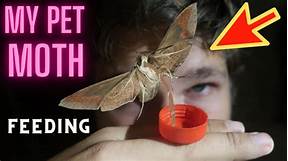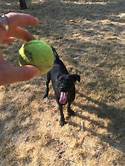Can Humans Get Worms from Pets?
Pets can be a great source of joy and companionship, but they can also pose a health risk to their human owners. One potential risk is the transmission of parasites, such as worms. Worms are common in both dogs and cats, and they can be easily passed to humans through contact with infected animals or their feces.

How Do Humans Get Worms from Pets?
There are a number of ways that humans can get worms from pets. The most common way is through direct contact with an infected animal. This can occur when a person pets or cuddles an infected animal, or when they clean up after an animal that has worms.
Worms can also be transmitted to humans through contact with contaminated soil or water. This can occur when a person walks barefoot in an area where an infected animal has defecated, or when they drink water that has been contaminated with worm eggs.
Finally, worms can also be transmitted to humans through the consumption of raw or undercooked meat. This is especially true for pork, beef, and fish.
What Are the Symptoms of Worm Infection in Humans?
The symptoms of worm infection in humans can vary depending on the type of worm. Some of the most common symptoms include:
- Abdominal pain
- Nausea and vomiting
- Diarrhea
- Weight loss
- Fatigue
- Skin rash
- Itching
- Swollen lymph nodes
If you think you may have a worm infection, it is important to see a doctor right away. Diagnosis is typically made based on a blood test or stool sample.
How to Prevent Worm Infection from Pets
There are a number of things you can do to prevent worm infection from pets. These include:
- Wash your hands thoroughly after handling your pet or cleaning up after them.
- Do not allow your pet to lick your face or mouth.
- Keep your pet's living area clean and free of feces.
- Take your pet to the veterinarian for regular checkups and deworming treatments.
- Cook meat thoroughly before eating it.
By following these simple steps, you can help to reduce your risk of getting a worm infection from your pet.
Declaration: All article resources on this website, unless otherwise specified or labeled, are collected from online resources. If the content on this website infringes on the legitimate rights and interests of the original author, you can contact this website to delete it.



